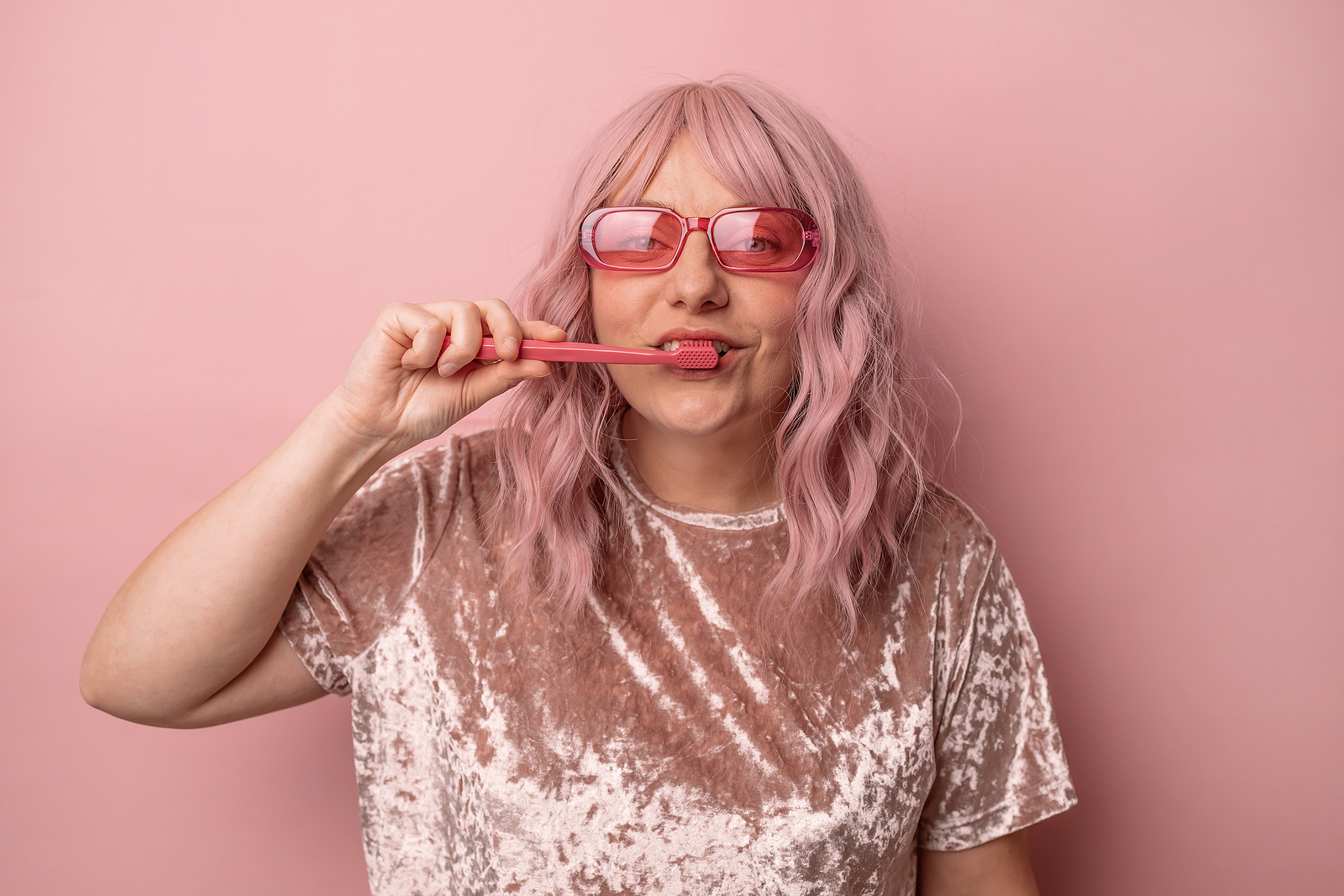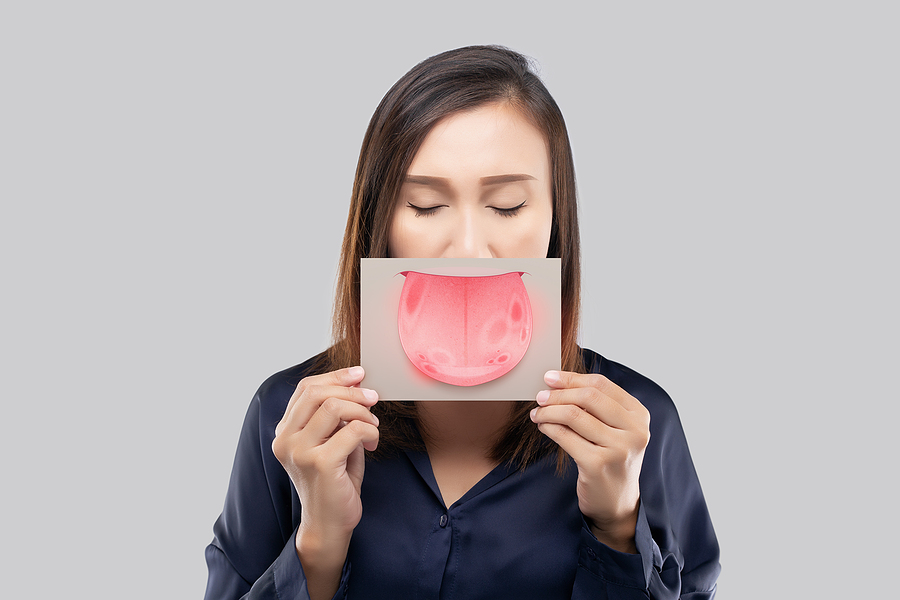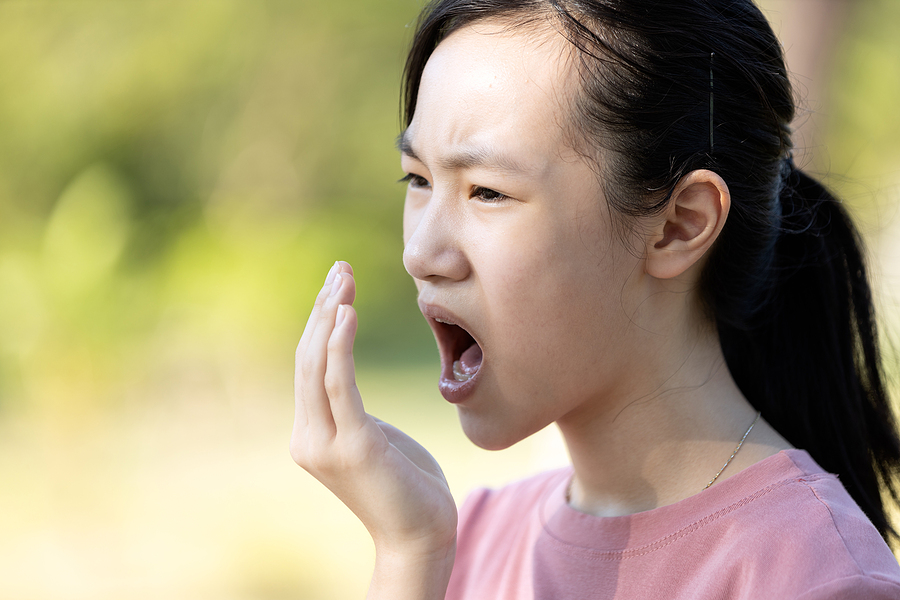You’ve probably never really given much thought into how many different types of toothpaste there are in the world. When you head to the stores to pick up a new tube of toothpaste you may be met with dozens of different makes and types of toothpaste. Maybe you have a brand that you have stuck to for years, or maybe you go with whatever is on offer or is the cheapest. But it turns out that there is a whole world of choice out there.
Building A World Record Toothpaste Collection
One man actually collects toothpaste. Dr. Val Kolpakov is a dentist who actually started out collecting pulled teeth. He switched hobbies and began collecting different types of toothpaste. So far, he has amassed a collection of over 3000 different tubes from everywhere in the world.
He switched from pulling teeth to collecting toothpaste because it was “more exciting”. Of course, he displays his entire collection in his Saginaw, MI, dental surgery for all of his patients to see. It’s probably a much nicer sight than his previous collection.
It is probably no surprise that will a collection of toothpaste so large, Dr. Val Kolpakov holds the Guinness World Record for the largest collection of toothpaste.
So Much Variation
In Dr. Val Kolpakov’s world record collection, there are a whole host of different varieties. If you want to feel as though you want a treat while you brush, his collection is home to chocolate, curry, and whiskey toothpaste.
One of Dr. Val Kolpakov’s toothpaste dates all the way back to 1801. Although not strictly a toothpaste, because it hadn’t actually been invented then, this is a tooth powder in a silver box.
The scariest toothpaste of all dates back to the second world war and is made using a radioactive compound. While nobody would rush to use this now, it was believed at the time that the radiation would revive your gums.
He has red wine toothpaste, amaretto flavored paste, there are celebrity toothpaste tubes that have featured on TV and movie sets.
Dr. Val Kolpakov started collecting after he had heard of a German dentist who had collected 500 different types of toothpaste.
About a quarter of the world record collection that was started in 2002 by Dr. Val Kolpakov is on display in his dental practice in Saginaw.
Your Toothpaste Doesn’t Have to Break a World Record
Of course, there is no need for you to buy three thousand different types of toothpaste. One good toothpaste is all that you will require.
The reason that you need to brush your teeth is that each day bacteria form in your mouth and sticks to your teeth. These bacteria can cause plaque to form on the teeth, which in turn will lead to tooth decay. Bacterial plaque also causes gum disease if left to its own devices. So brushing helps to get rid of the plaque-causing bacteria and is therefore very important for your oral health.
Dentists recommend that you brush your teeth thoroughly twice a day. You should brush for two minutes at a time, ensuring that you get every part of your teeth including the sides, tops, and backs.
The most important thing that you need in your toothpaste is fluoride. This helps to remineralize your teeth and reverse the effects that plaque and reduce the risk of decay.
Stannous fluoride provides all of the benefits of regular fluoride toothpaste, however, it also helps with sensitive teeth.
There are a number of different types of fluoride available in toothpaste. In some cases, your dentist may recommend high-fluoride toothpaste if you are at a higher risk of tooth decay. You should only use this type of toothpaste if your dentist specifically recommends it.
Getting The Best Advice On Your Dental Needs
If you are in anyway unsure about the type of toothpaste that you should be using, be sure and speak with your dentist about it while having a check-up. Having a regular dental check-up is vital for your overall oral health. It allows dentists to spot the early warning signs of tooth decay and allows them to do something about it. Plaque can be removed before it becomes a problem, however, once decay has set into your teeth, it may cause considerable discomfort and will require more work doing to it.
Prevention is far better than having dental procedures, and that is why your dentist will be happy to provide you with any advice that you need to help you maintain healthy teeth through regular brushing with the right toothpaste.
More Blog Posts
Office Hours
MON - THU8:00 am - 5:00 pm
FRI8:00 am - 2:00 pm
SAT - SUNClosed





